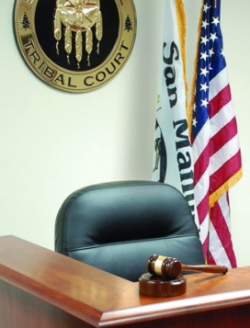Restricting Liberty in the Name of Equality
 Robust equality is a relatively recent part of the American constitutional landscape, rooted in a limited way in the Declaration of Independence and then formally embraced in the Constitution’s 14th Amendment, ratified in 1868, though it took another near century to buttress that guarantee with meaningful legal force. By contrast, liberty—e.g., of religious exercise, of speech, and of the press—and its attendant guarantee of non-deprivation without due process of law, go back to the nation’s founding if not decades and in some cases centuries before.
Robust equality is a relatively recent part of the American constitutional landscape, rooted in a limited way in the Declaration of Independence and then formally embraced in the Constitution’s 14th Amendment, ratified in 1868, though it took another near century to buttress that guarantee with meaningful legal force. By contrast, liberty—e.g., of religious exercise, of speech, and of the press—and its attendant guarantee of non-deprivation without due process of law, go back to the nation’s founding if not decades and in some cases centuries before.
In recent years, however, with great domestic and international dynamics at work, there has ascended into prominence and influence a norm of equality or nondiscrimination, or an unabashedly pursued equality of outcome, effectively supplanting the centrality of individual or group liberty as the citizen’s core constitutional guarantees.
Part of this has been achieved by legitimate historical and other academic research and theorizing, though it should be noted that at times the neutrality of those undertaking such efforts may rightly be questioned. Part of this sea change, though, has come from a public and university-sanctioned tolerance for the suppression of viewpoints that conflict with the modern ethos of equality, variously defined. Many of these developments, moreover, have resulted from outside pressures—from interest groups to like-minded accrediting organizations—that seemingly leave the institutions with little choice but to comply with their dictates.
As repeatedly documented by, among others groups, the Foundation for Individual Rights in Education and the Center for Campus Free Speech, colleges and universities ironically have sometimes been the most egregious censors of speech under the banner of equality (or of perceived equal treatment), which perversely betrays a subordination of the time-honored values of truth-seeking and knowledge propagation to relatively fleeting interest-group pressures and ideological expediency.


